Leaving a legal legacy in Nepal
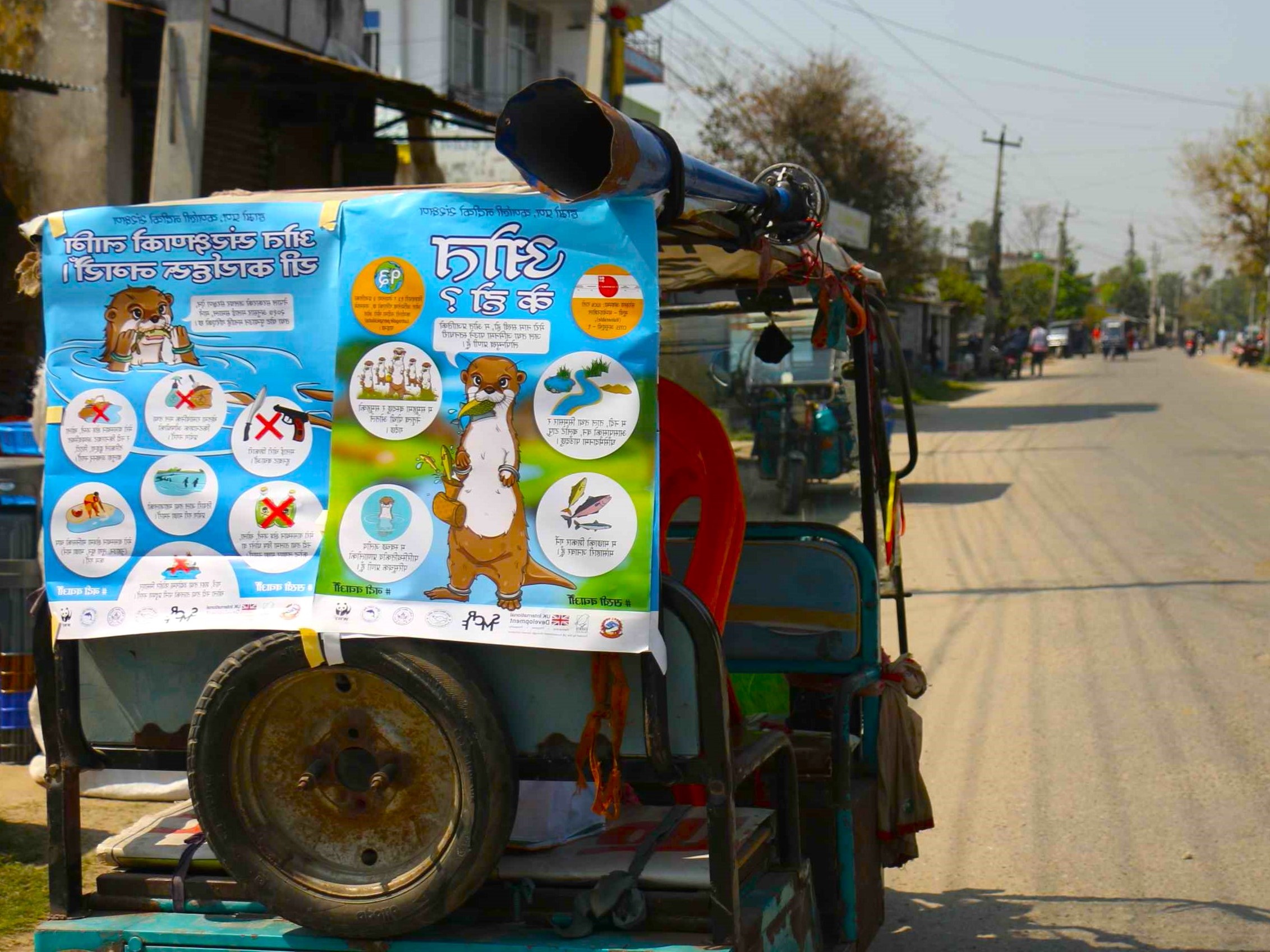
Mobile PSAs used for disseminating information and raise awareness. Credit - Aashish Kapali, WWF Nepal.
Blending community, conservation, and collaboration for a sustainable future
The Karnali River in western Nepal is a lifeline for both people and wildlife, forming an intricate web of culture, tradition, and ecology. Within this system, the Lower Karnali River is home to one of the country’s most elusive and charismatic species: the otter. Playful yet vulnerable, otters are vital indicators of river health, making their conservation essential not only for biodiversity but also for the livelihoods of river-dependent communities. Our project goes beyond protecting a species — it is about building trust, sustaining livelihoods, and weaving biodiversity goals into the very fabric of community life.
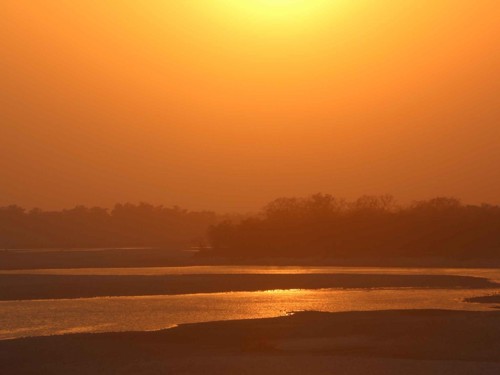
Linking conservation and livelihoods
Declining fish stocks and increasing pressure from climate-induced challenges have put the livelihoods of local communities at risk. Effective conservation at the local level requires sustainable income opportunities. Through partnerships with local stakeholders, we have promoted livelihood diversification via market-based on-farm and off-farm enterprises. Low-income, river-dependent households have been supported with alternative livelihood options, reducing their reliance on fishing. This, in turn, strengthens conservation efforts by aligning community wellbeing with the protection of river ecosystems.
Message at your doorstep
Otter Champions have been actively conducting awareness-raising events across communities. Radio jingles, hoarding boards, and posters in public spaces have all helped spread the word. Among these tools, one of the most unique has been the use of mobile PSAs — travelling public service announcements that bring the conservation message directly to people’s doorsteps. This innovative approach has proven highly effective in reaching a wider audience and sparking interests about protecting otters and riverine ecosystems.
Shiva Lal Tharu, Otter Champion and a chairperson of a Community River Stretch Management Group (CSRMG) from Bardia, recalls the memory of a community awareness event. ”When the event was over, an individual approached me, curious about the message I was sharing. He was convinced by the message and committed not to use mosquito nets while fishing from that day onwards. The confession and commitment from the man that day has made me believe that our work is effective and impactful. That further gave me energy and motivation to continue the work for a better cause.”
Partnering to expand the ‘conservation bubble’
Conservation success depends on partnerships beyond environmental NGOs. The project has been bringing municipal governments, law enforcement, local communities, and even private businesses together to ensure longevity and stewardship.
A key turning point was the drafting and passing of the Local Aquatic Animal Conservation Act in Rajapur Municipality and Geruwa Rural Municipality. This legal tool granted communities and local governments joint authority to protect otter habitats and regulate destructive fishing practices. It has empowered CRSMGs to manage and monitor stretches of the Karnali, giving them true ownership over the protection of their waters.
During a CRSMG meeting, Mrs. Elina Chaudhary, Otter Champion said: “This river is ours to protect now. Even if the project ends, we will continue the efforts to conserve the aquatic biodiversity and not let it disappear.”
As we transition towards the project’s conclusion, the structures we’ve put in place — local laws, CRSMGs, microfinance mechanisms, and public-private partnerships — are designed to function without our constant presence. Our success is measured not only by otter sightings, but also by the reduced use of destructive fishing nets and the inclusion of conservation in municipal budgets. The impact extends to behaviour change, such as children in local schools and community members talking about otters as friends of the river, not pests stealing fish. Our aim is not limited to safeguarding a species, but ensuring that the community members stand as the river’s guardians even after project is gone.
Written by Aashish Kapali, WWF Nepal. For more information on this Darwin Initiative Main project 30-017, led by World Wide Fund for Nature - UK, please click here.
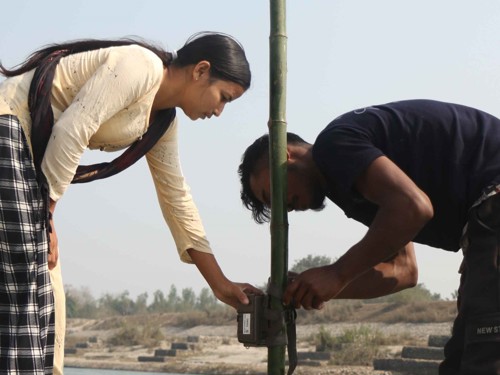 Otter champions, Komal and Arun Sonaha placing camera traps for monitoring otter behaviour. Credit - Aashish Kapali, WWF Nepal.
Otter champions, Komal and Arun Sonaha placing camera traps for monitoring otter behaviour. Credit - Aashish Kapali, WWF Nepal.
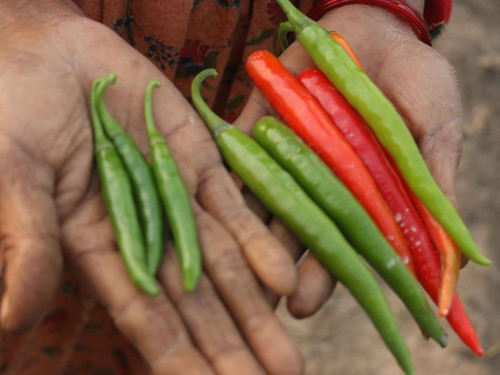
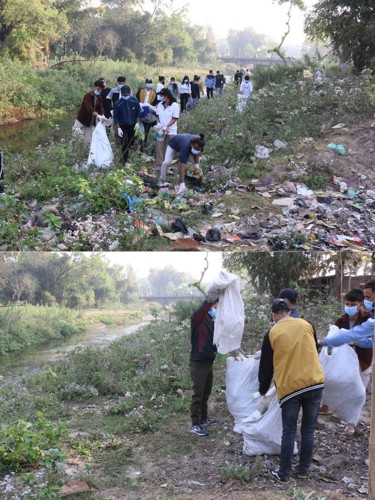
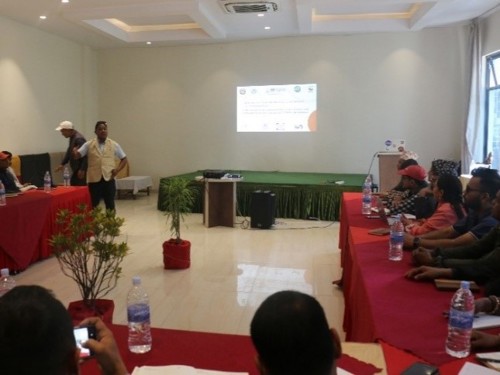
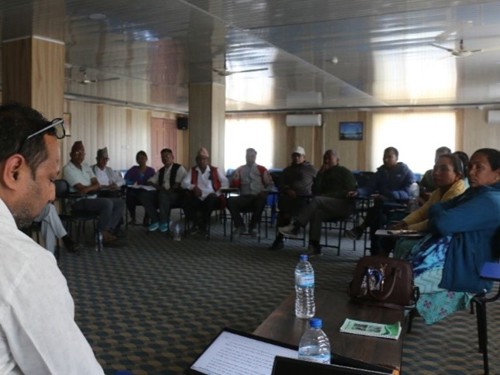
 Back
Back